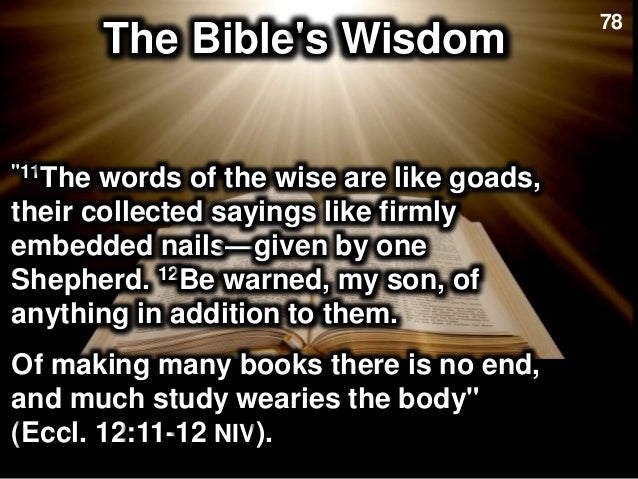Eccl.12:1-2.
Remember now thy Creator in the days of thy youth, while the evil days come not, nor the years draw nigh, when thou shalt say, I have no pleasure in them;
While the sun, or the light, or the moon, or the stars, be not darkened, nor the clouds return after the rain:
Solomon knew that in our youth, when we are strong and full of energy and enthusiasm, it is easy to forget that God is our Creator; that as such, He owns all that we are and have; that we need to develop the habit of remembering God when we are young, so that when we grow old we are not helpless, having no relationship with Him.
Eternity, and an eternal God, seem remote when we are young. We’re full of plans and ideas and the energy to move forward when our bodies are strong. No young person spends much time thinking about the reality of death unless there is a fatal illness or accident. Then, it is surprising how the minds of even the young turn to eternity.
We do not belong to ourselves. We are bought with a price (I Cor. 6:20). God made us; He is our Creator. We need to remember (consider, think about) Who He is while we are young.
I’m thinking of David Brainerd, who in his youth became burdened for the souls of the native Americans all up and down the eastern coast of the New World. He spent his life and energy preaching to them and presenting the gospel, and wore himself out doing so. He was only 24 when he died of what we believe was tuberculosis. In his short life, because of his dedication to the Creator, he won many hundreds of souls to the Lord. What an example he is!
Here is a quote from one of my favorite sources:
“As in youth all the powers are more active and vigorous, so they are capable of superior enjoyments. Faith, hope, and love, will be in their best tenor, their greatest vigour, and in their least encumbered state. And it will be easier for you to believe, hope, pray, love, obey, and bear your cross, than it can be in old age and decrepitude.” (Clarke)
This is not to say that the aged can no longer serve God. We have an elderly couple in our church who spend hours of time witnessing to residents in the nursing homes in the area, and have brought many to Christ. And there is time, in old age, to pray. When our bodies can no longer serve us as they used to, we can pray. And so we should.
In verse 2, The Preacher advised young people to remember God and eternity before they suffered greatly by subjecting themselves to an under the sun premise and all the meaninglessness associated with it.
That is, one of the results of operating in an “under the sun” (from man’s perspective) way of life will be suffering. It goes together–a belief in the vanity of life, and suffering in old age as a result. It doesn’t have to be physical suffering. As a therapist, I worked with many older people who were bowed down with depression, anxiety, and a dread of their future because they had rejected all interest in spiritual matters for so many years. They faced eternity with terrible dread and fear, and one of the greatest joys of my work was to offer them the wonderful hope of the gospel they had ignored throughout life.
How much better, though, to serve God all through life, and not to wait until we are old and facing death.














